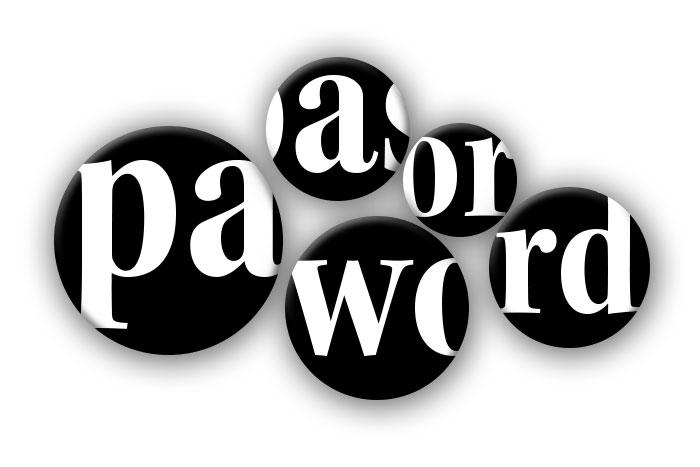First Line of Defense

Week 2 of National Cyber Security Awareness Month is all about being smart with your passwords
by Tony Moore
Everyone has about a million passwords to create and remember, and keeping up with them all has become a modern Sisyphean endeavor. But if you get lazy with it—if you start recycling your passwords, using your pet’s name and adding a 1 or, worst of all, using the word "password" in your password—forces might align to make you wish you never got online at all.
To that point, more than 900 million consumer records were stolen in 2014, and weak or stolen login credentials were a factor in more than 76 percent of the breaches.
So Week 2 of National Cyber Security Awareness Month is dedicated to helping everyone use the best possible practices when creating passwords, and the Office of Library & Information Services (LIS) is offering up some great tips to get you started (and a new cyber security Web page), so let’s jump right in.
- First and foremost, avoid using common words alone. For example, sunshine or beach is not a good password, especially if you post regularly online about your love of either one. Consider using multiple unrelated words that are somehow meaningful to you. A meaningful password is easier to remember, and using one will alleviate the temptation to tack it to your computer on a Post-It note. sunshinegrandmabeach is a good start. sunsHine5granDma@Beach!! is a pretty strong password.
- As illustrated above, when creating a password, you should be sure to use both lowercase and capital letters and combine them with numbers and symbols. It might be easy for someone to guess the basic foundation of your password (where you go on vacation or your favorite family member), but guessing their way through shifting cases, numbers and symbols would be more of a trick (sunsHine5granDma@Beach!!). Look at the alternative: Using a regular computer and password-cracking software, hackers can crack a password made up of six or fewer characters in less than 10 minutes.
- Another thing to consider: password managers. Password managers—such as LastPass, Dashlane and Keeper—store your passwords for you and sign you in to every website you want them to automatically. And you just have to remember your master password instead of the 86 you already have. So you should be creating passwords such as sunsHine5granDma@Beach!!, but if thinking about remembering them makes your brain hurt, consider using a password manager. Some of them, such as Dashlane, create passwords for you, and they’re random to the extreme, so you wouldn’t have to worry about items 1 and 2 above. They also allow you to create new ones with the click of a single button for every single site you already have stored.
To learn more about password safety, make sure you attend the Cyber Safety Basics and Employee Q-and-A event on Oct. 14, from noon till 1 p.m., which will be held in Stern 102. Password awareness is a huge part of maintaining online wellness, so Dickinson will give you wellness credits if you attend. It’s a win-win!
Learn more
Published October 9, 2015